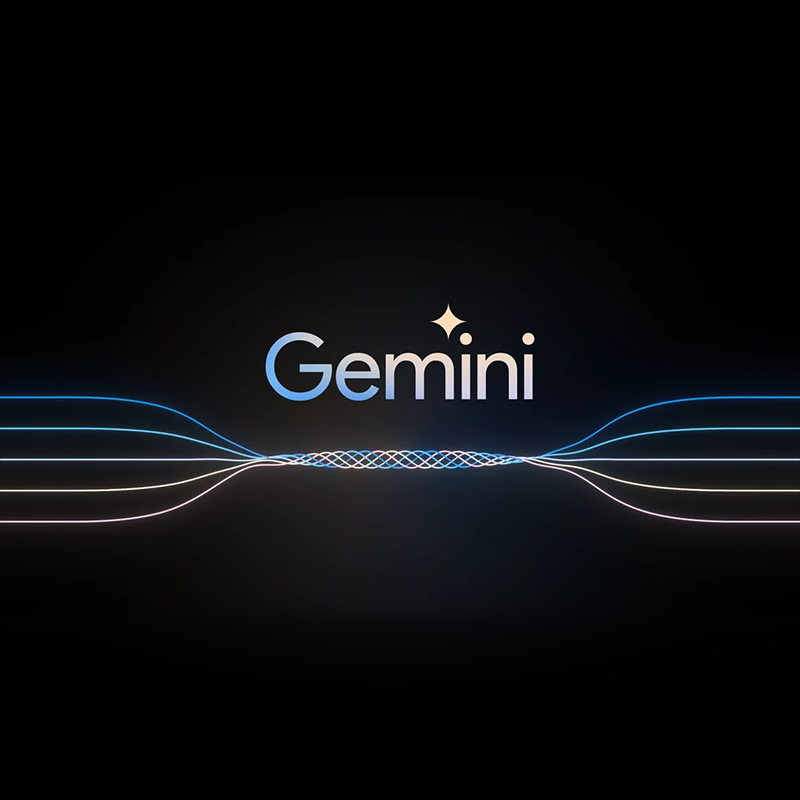
The AI sphere was kind of dull and boring, and rarely make ripples that interest people other than enthusiasts and researchers.
But since OpenAI introduced ChatGPT, things pretty much changed. With the ability to both wow and awe the world, other tech companies began to realize how ludicrous this field is. Since then, the rest is history, as companies either adopts ChatGPT, or create competing products.
Google, founded in 1998, is one of the most powerful, and one of the biggest tech companies ever.
Now, that the company is a multi-billion dollar brand, both Larry Page and Sergey Brin, the founders of Google, had left the company's daily operations.
But when CEO Sundar Pichai said that it was a "code red," he summoned the two founders to return.
The company knows that generative AI is a huge threat to Google's core business, and if utilized and developed properly, can be a great alternative, if not a replacement to Google Search.
Brainstorming for ideas, the company created Bard.
This time, the company launched 'Gemini'.
Gemini is our most flexible model yet, efficiently built to run on everything from mobile phones to data centers with three sizes:
- Gemini Ultra: largest model for highly-complex tasks
- Gemini Pro: best for scaling across a range of tasks
- Gemini Nano: for on-device tasks pic.twitter.com/P68aLkoP4G— Google (@Google) December 6, 2023
From natural image understanding to mathematical reasoning to audio and video understanding, Gemini Ultra exceeds current state-of-the-art results on 30 out of 32 widely-used industry benchmarks.https://t.co/6x1UfwqzaP
— Google (@Google) December 6, 2023
In a blog post, Google said that Gemini is its "largest and most capable AI model," with Pichai saying that:
"This is incredible momentum, and yet, we’re only beginning to scratch the surface of what’s possible."
According to Demis Hassabis, CEO and co-Founder of Google DeepMind, on behalf of the Gemini team:
"Today, we’re a step closer to this vision as we introduce Gemini, the most capable and general model we’ve ever built."
Gemini boats that Gemini can run on practically everything, ranging from data centers to mobile devices.
"Its state-of-the-art capabilities will significantly enhance the way developers and enterprise customers build and scale with AI," said Google.
To meet this purposes, Google optimized Gemini 1.0 for three different sizes:
- Gemini Ultra: the largest and most capable Gemini AI model for highly complex tasks.
- Gemini Pro: the best model for scaling across a wide range of tasks.
- Gemini Nano: the model that is optimized to run efficiently for on-device tasks.
And not just that, because Google also wants Gemini to support more languages than just English.
In all, Google wants Gemini to rival OpenAI's GPT-4, and plans future releases to also include multimodal capabilities, where the chatbot can process multiple forms of input and produces outputs in different ways.
For starters, Google has put a fined-tuned version of Gemini Pro inside inside the Bard chatbot.
In another blog post, this should give Bard "more advanced reasoning, planning, understanding and more."
As for the first phone to be equipped with Gemini Nano, is the Pixel 8 Pro. With the AI, Google wants to use it to power features like Summarize in Recorder and Smart Reply in Gboard.
"And we’re already starting to experiment with Gemini in Search, where it's making our Search Generative Experience (SGE) faster," said Google.
For the Gemini Ultra version, its most capable and more powerful Gemini, Google said that the AI is designed to "power features in more of our products and services," naming its Google Ads, Google Chrome and Duet AI.
Let's go hands-on with #GeminiAI.
Our newest AI model can reason across different types of inputs and outputs — like images and text. See Gemini's multimodal reasoning capabilities in action ↓ pic.twitter.com/tikHjGJ5Xj— Google (@Google) December 6, 2023
Google shares shot up 5% after company announces Gemini AI model. However, shares later sank a bit following reports that some of its AI demo was faked.
Reports suggest that parts of Google’s Gemini demo were edited to make the AI seem faster and smarter than it actually is.
According to a Google employee in an interview, the demo video is kind of unrealistic. Other staffer said the same thing, despite confirming that they weren't too surprised by the demo because they’re used to seeing some level of marketing hype, and Google is just like other companies out there that do exaggerate their products sometimes.
"I think most employees who've played with any LLM technology know to take all of this with a grain of salt,” said the employee, referring to the acronym for large language models, which power AI chatbots.
While the demo is indeed done with Gemini, to its credit, Google did disclose that what is shown is not exactly how Gemini works in practice.
"For the purposes of this demo, latency has been reduced and Gemini’s outputs have been shortened for brevity," said Google in a description of the demo uploaded to YouTube.
In other words, the video shows a shorter version of Gemini’s original responses, in which in reality, the AI system took longer to come up with its answers.
